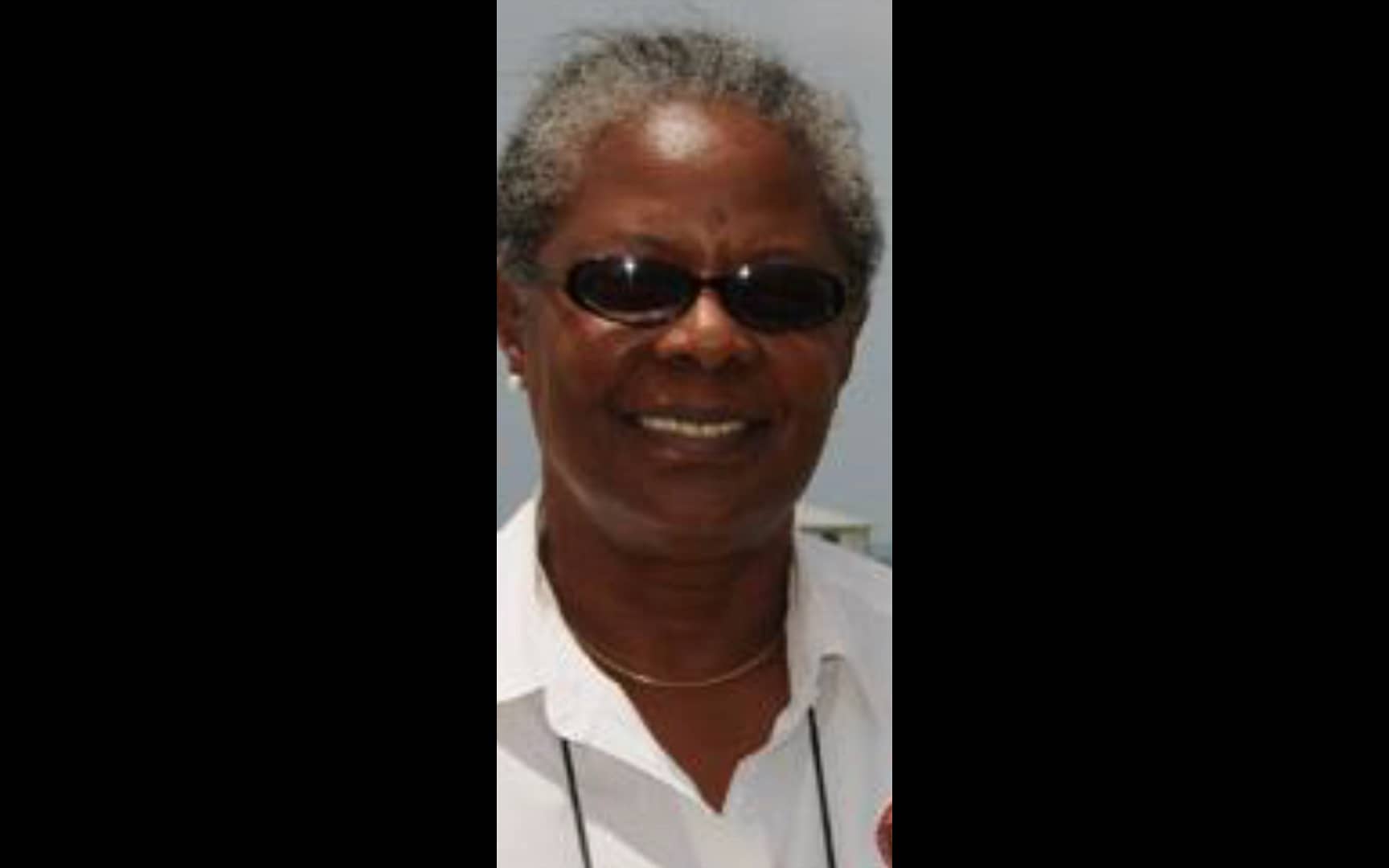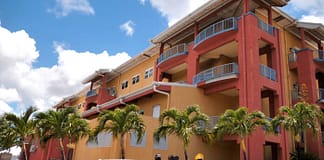
Even With The CCJ Justice In The Caribbean Is Stillborn
by Makeda Mikael
Failure to seek independence from the British operational system of Justice has brought the Caribbean to a comic scene of paper shuffling, educated but non-functional, uniformed (police) and gowned (judiciary).
Like all things colonial, what worked for the colonial masters were programmed not to work for the benefit of the post slavery Africans under colonial rule.
The Rule of Law was to control the people spoken of as savages, negras, and to a lesser degree the half-breeds, into compliant plantation workers. It is inconceivable that the leaders of the Commonwealth Caribbean could have believed independence under British law control could work for the people of our region.
The Court’s administration in the region has been reduced to using available lawyers willing to join the Judiciary, raising them through the Court’s Registry, and some never having faced the Bench in any serious capacity made judges.
With the rapid expansion of business, lawyers are in demand, fees of private practice (win/lose) are exorbitant and constant, and unfortunately the days of rich experienced lawyers going on the Bench to help improve the court are now over.
Gender politics in the Judiciary, and ensuing failure to build bridges that work between the CCJ and the Judiciary of the OECS in particular, has created a silently hostile atmosphere in the Justice department.
The people feel no love and confidence in the Judiciary and the absence of an Apex to our Courts has resulted in a gaping hole in the defining and administration of policy.
The Judiciary has no head, and the people feel that the Executive/Legislature(same people) is in collusion with the Judiciary in their thrust to subtly supplant the Westminster system of government with an autocratic platform.
The legitimate tool to expedite the forging of the Judiciary into the autocratic plan is ‘delay.’ Our courts are now fully established not to present before a judge before two and a half years have past, and this is now so normalized, that Government officers publicly so remind their opponents and business demands. It is also now commonplace for the magistrates and judges to get caught up in arguments between themselves and the lawyers, over paper and other clerical issues, to the extent that the matter requiring justice before the Court gets pushed aside.
The essential ingredient of Discretion is sadly missing in our Courts and its absence is an indication of the lack of self-confidence in those controlling the administration of Justice in the Courts of Law. No longer do our judges especially in the High Court consider their intelligence adequate to interfere purposefully in the wrongdoing of Governments and big business. The judges instead duck from their judicial responsibility by default in sending simple cases with important characters to the Court of Appeal, thereby further denying justice by further delay, and washing of their hands like Pontius Pilate.
It is not unusual to hear magistrates and judges abusing lawyers for their failure to be proactive in reminding the Court to perform their administrative duties, while using further delaying sanctions to cover the Court’s failures. It is clear that our governments are being supported by the Courts in the subtle manner of delay, and serious inefficiency, whereby the government’s aggression, or corruption or misappropriation becomes normalized by time.
What makes the Caribbean hold on to the tailcoats of the British Justice system is the need for both delay and the corruption which underlies the old unreformed British laws which still apply, and are used to keep our people down and out.
Most of the Commonwealth have severed ties with the JCPC and set in place continuous reformation of their inherited British law structure, leaving the Commonwealth Caribbean far behind in the independence of their Judiciary.
And, we remain the only area in the British Commonwealth still trusting the white man’s judgment over their own. Whereas, Africa in spite of colonization maintained their traditional Courts which function up to today with the speed necessitated by the culture of their people.
Advertise with the mоѕt vіѕіtеd nеwѕ ѕіtе іn Antigua!
We offer fully customizable and flexible digital marketing packages.
Contact us at [email protected]

















I have no idea whatsoever why Antigua wants to continue the UK”s antiquated judicial system, it’s definitely not for speed or efficiency.
I can’t recall the case, but I do remember that there was a murder case in Antigua, and I thought this would be a straight forward case that our judicial system could deal with.
However, when I heard that the UK judiciary got involved regarding sentencing, that not only delayed the trial, but also meant that Antigua had to rely on and respond to the UK’S imput on a murder case that had absolutely no involvement with a British citizen.
This case was held up for months on end.
I for one would love to see an end to the British judicial system in our country … OTHER COUNTRIES HAVE MOVED ON AT PACE AND ARE DOING VERY WELL!
Makeda’s rambling is to be expected – just another pathetic attempt to sway the unsuspecting into support for the alien, archaic Privy Council over our own Caribbean Court of Justice. No court of final appeal is perfect and if we are to “fix” ours it will take much than the deliberate, ill-intentioned berating of the Caribbean capacity to effectively establish our own final court of appeal. Build self-esteem, build self-confidence, build capacity, encourage, inspire…. or just shut the hell up
Jackasses will carry the load of British law and thank the Privy Council, liberated black people want their own Justice- and we have it already on paper, some have been bold and gone forward in trust, because it is a must! If you cannot trust your own CCJ and prefer white justice upholding their own old laws meant to keep you down, then follow the Jackasses; if you really want Justice it cannot be just some territories – it has to be all Caricom CCJ!
Remember the Federation – the shame of plantation politics, let’s not repeat it in the CCJ!
So that I am not mis-understood, I appreciate the establishment and work of the CCJ and its Justices proficiency, my remarks are re our old dilapidated court systems of the OECS, and our final Court the JCPC which I know by personal address over the past twenty years.
Well the UPP and Pearl “FOOTS” Quinn campaigned hard AGAINST the CCJ and got their desired result.
SMH: The people Voted against the CCJ. That is the crux of the matter.Trust is a must. That Trust was not there.
The UPP was against the CCJ!
Some in the UPP, were against going the CCJ. It was one person,one Vote. The CCJ came up on the end of the stick. If the Votes were held now. I do and still believed the results would be the same as before.
WAKE UP and Smell the Burning of Our Constitution
All 194 nations of the world are about to be tricked into handing over their National Sovereignty to the W.H.O as they attempt to become the leader of a WORLD GOVERNMENT under the guise of medical health emergencies.
Amendments have been to the International Health Regulations which will be voted on by the World Health Assembly scheduled for May 22-28, 2022.
The International Health Regulations (IHR) are legally binding and supercede the United States Constitution. All the nations of the world have already agreed to the existing International Health Regulations.
The United States has proposed amendments to the legally binding International Health Regulations that will be voted upon at the next World Health Assembly this May 22, 2022 to May 28, 2022. CLICK HERE FOR OFFICIAL DOCUMENT
These proposed amendments will cede additional sovereignty, control and legal authority over to the World Health Organization.
These amendments will NOT require approval by 2/3 of the United States Senate. If they are approved (as submitted by the United States) by a simple majority of the 194 member countries of the World Health Assembly countries), these amendments would enter into force as international law just six months later (November 2022). The details of this are not crystal clear. I believe this information to be accurate.
It is not known if the amendments will be voted upon individually or as a complete package.
The amendments will give the Director General of the WHO the power to unilaterally declare a Public Health Emergency of International Concern (PHEIC) even over the objection of the country dealing with an outbreak of disease.
According to changes made to U.S. regulations that were published one day before Donald Trump was inaugurated (January 19, 2017), the definition of a “Public Health Emergency” in the United States now includes the declaration of a PHEIC by the WHO.
A unilateral declaration of a PHEIC by the WHO will enable the declaration of a Public Health Emergency by the Secretary of the Department of Health and Human Services.
The amendments proposed by the United States would also give the Director General of the WHO the legal authority to unilaterally issue an “intermediate public health alert (IPHA).” The criteria for the issuance of an IPHA is simply that “the Director-General has determined it requires heightened international awareness and a potential international public health response.”
The amendments will also give “regional directors” within the WHO the legal authority to declare a Public Health Emergency of Regional Concern (PHERC).
Comments are closed.